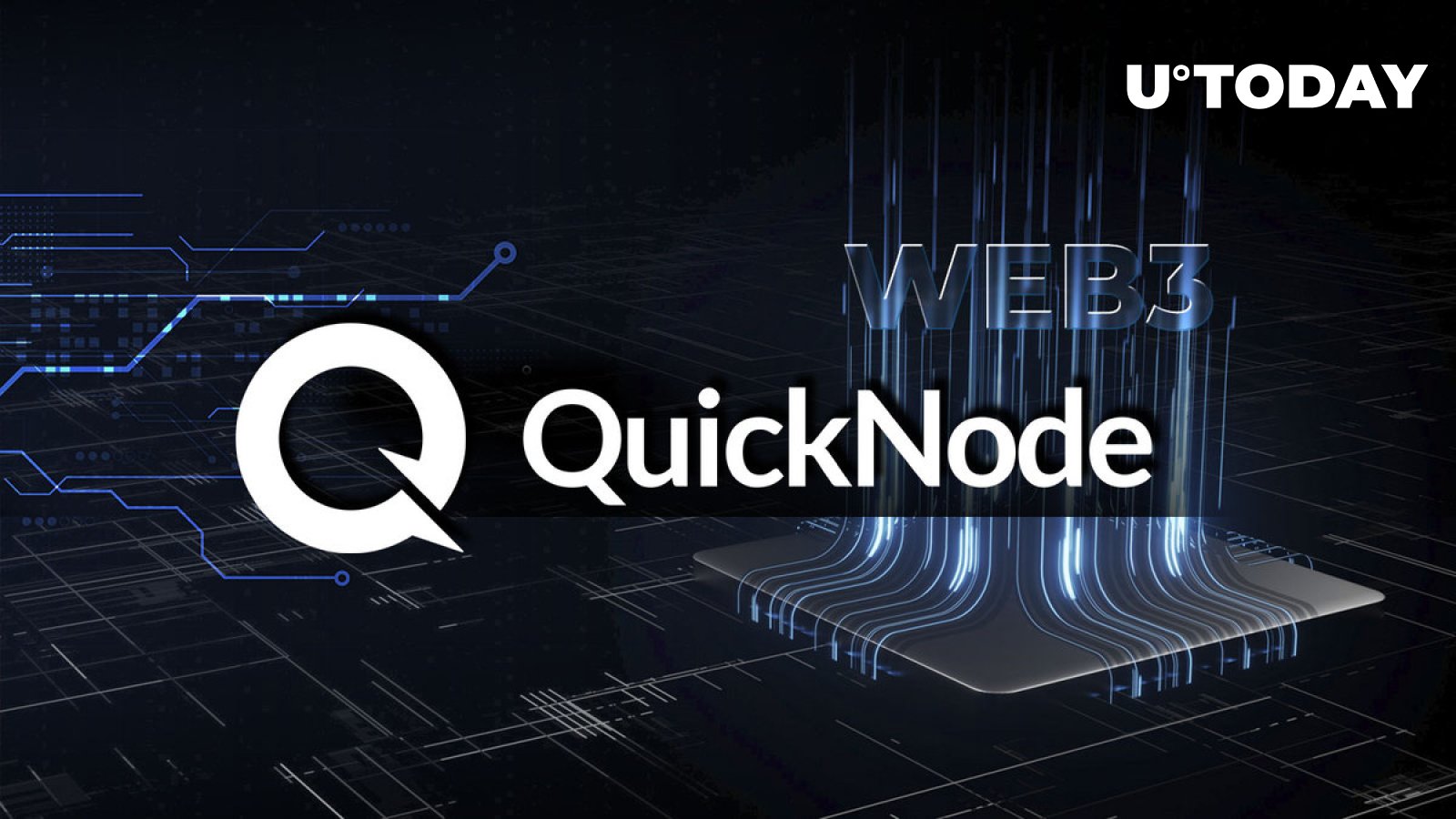With the novel offering, QuickNode is focused at advancing speed, reliability and simplicity in blockchain infrastructure that are necessary for building robust data mechanisms in Web3.
Today, Feb. 29, cryptocurrency infrastructure provider QuickNode announced the launch of Streams, a new-gen solution for real-time blockchain data streaming. The product will complement the provider’s ETL portfolio by letting users utilize popular programming languages like Javascript, Python, Go or Ruby to transform payloads from Streams and enrich them with contract data by calling QuickNode endpoints.
Streams empowers developers with immediate access to full historical and real-time data from Ethereum, Polygon, Binance Smart Chain and others, all achievable within just a few clicks and with guaranteed delivery, opening up a world of possibilities.
Nick Yushkevich, Director of Product, QuickNode, highlighted the importance of the new release for Web3 data ecosystem progress and dApp growth in 2024:
As blockchain data grows, the complexity around extracting, transforming and loading data into applications has grown. Streams removes this backend complexity and offers developers a better UX and faster time to market.
Earlier this year, QuickNode activated support for zkSync Hyperchains and Immutable zkEVM, a GameFi-centric rollup on Ethereum (ETH).
These include furnishing users with the ability to develop powerful trading models and analytics, which are particularly pertinent for those anticipating the potential launch of an ETH exchange-traded fund (ETF) following Bitcoin’s recent approval. Streams also gives users access to preset datasets, reducing the technical overhead of data retrieval and making the process straightforward.
Designed to bridge the gap between blockchain data and conventional tools used for data access, Streams addresses the critical challenges faced by developers and businesses in harnessing vast volumes of on-chain information.
Notably, the intuitive solution enhances the development process by substantially reducing operational costs and expediting the time-to-market for blockchain-based apps.

